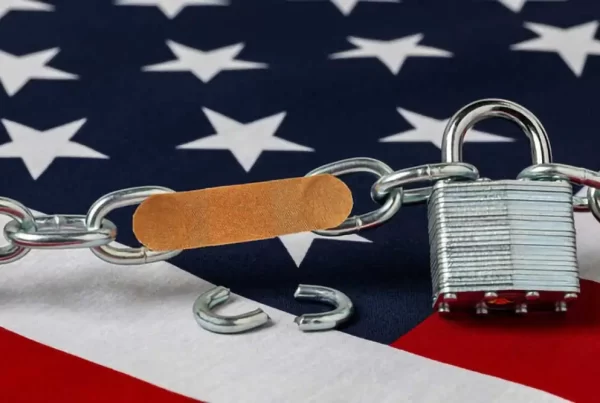A client was waiting a long time for their DACA to be approved, so long in fact the it was even beyond the “normal” outrageous processing times. As most know, there is not much that can be done in such a case to “hurry up” the processing. We decided that we would do a Freedom of Information Act (FOIA) request for a copy of his file to determine what USCIS was doing with his case. Miraculously, we received the FOIA response back within 60 days. Also, miraculously, his DACA was approved shortly before we received the FOIA. So, why is this interesting? Because as part of the FOIA response, we received the USCIS checklist for DACA processing!
The following are not counted as convictions: Youthful offender-juvenile delinquency (review for EPS concerns), conviction in absentia, deferred prosecution, dismissals, dropped, set aside, nolle prosequi, full and unconditional pardons, expunged/vacated (unless the conviction was expunged/vacated for immigration purposes), STET – if still in place and requestor in compliance (Maryland and West Virginia), continued without finding, deferred adjudication.





Can you share how long your client was waiting for and whether there was a criminal record involved in your good case ?